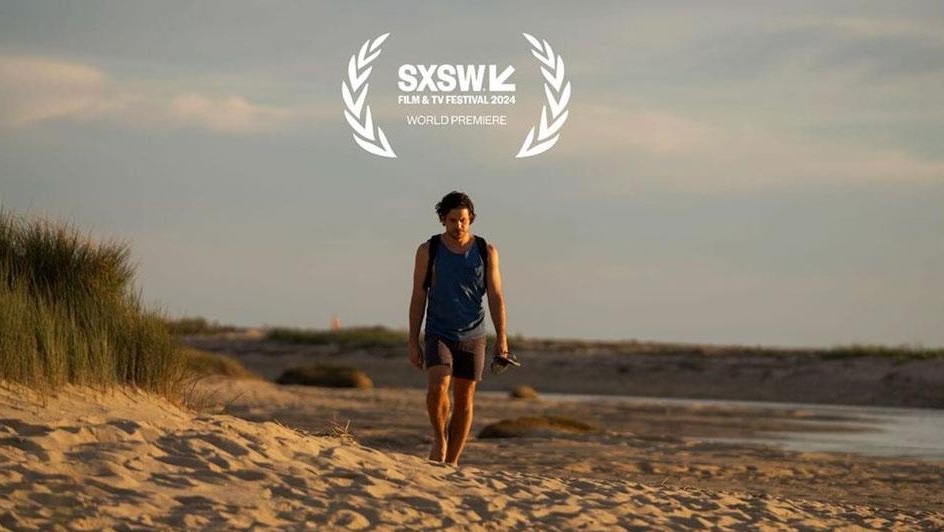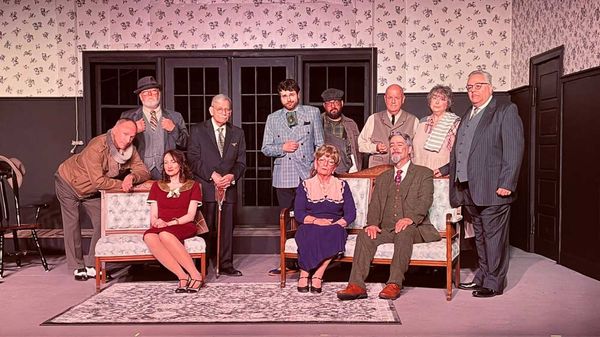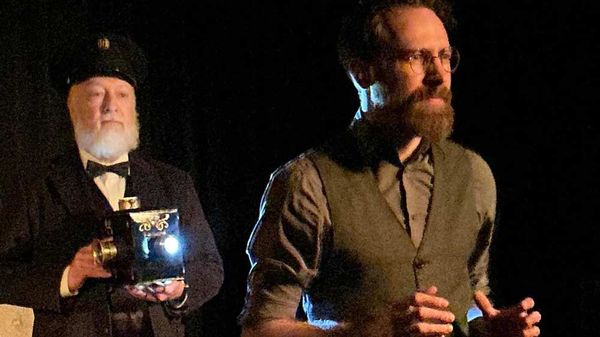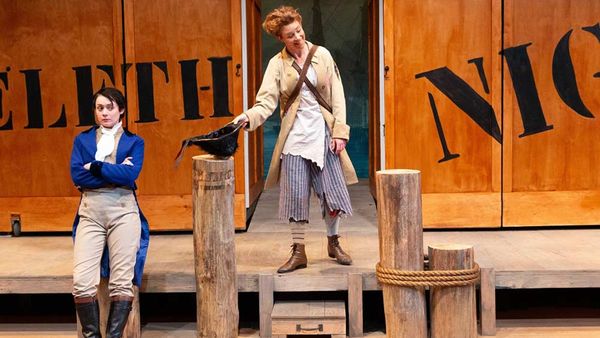
September 14, 2018
The Children Act
Kilian Melloy READ TIME: 4 MIN.
Novelist Ian McEwan adapts his own novel for the screen with the film version of "The Children Act," but somehow the emotional coherence of the novel has gone missing in the process.
The plot is (mostly) the same. Fiona Maye (Emma Thompson), a High Court Judge, finds that her personal and professional lives have slipped out of balance. She's spent a lot of time and energy taking on difficult and sometimes controversial cases, at the expense of her marriage to her American husband Jack (Stanley Tucci), a university lecturer. After nearly a year without sex, Jack has made up his mind that while he wants to stay married to Fiona, he also wants to have a sexual relationship with a younger woman outside of their marriage. To Jack, it seems like a workable solution: He'll remain emotionally faithful to Fiona, who seems to have lost all interest in sex and intimacy, while tending to his physical needs as a man.
Fiona, of course, sees things differently. Her instantaneous reaction is to tell Jack that if he proceeds - or if the affair has already commenced - he might as well pack up and get out. Though the affair has not started, Jack won't be swayed by her ultimatum: He packs his bags. He returns after a couple of days, but forgiveness might not be in the cards. Jack, sticking to his guns, reiterates his point: "I left this marriage for two days," he reminds Fiona (who, it must be said, spends an awful lot of time mooning over him when not actually in his presence, only to clam up with an impenetrable and angry silence when he's there). "You left it years ago."
Even as the relationship drama unfolds, Fiona's emotional life is roiled by a case in which a 17-year-old boy, Adam Henry (Fionn Whitehead), demands the right to die, if need be, in order to stick to his religious beliefs as a Jehovah's Witness and refuse blood transfusions that are a crucial part of his treatment for leukemia. Taking the highly unusual step of visiting the boy at his bedside, Fiona is impressed with his wit and warmth. Still, the law is the law; Adam might be a mere three months shy of his eighteenth birthday, but he's not there yet and as such he's still a minor and protected by "The Children Act," a law evidently designed to save young people from their parents, their faith communities, and themselves if it means preserving their lives.
Adam survives, but at a cost: Feeling both liberated from and bereft of his religion, he begins questioning everything. Unsure of whether he can trust his parents, he looks to Fiona for adult guidance - a role she cannot provide, though regrets about remaining childless seem to come swirling up. Adding to the confusion is the young man's emergent sexuality: He seems to confuse his hormonal urges with his need for parental care. His letters to Fiona take on a stalkerish tone, even as they remain plaintive, innocent, and sweet.
As happened with his own screen adaptation for "Chesil Beach," McEwan seems to have lost track of the emotional beats of the story. The film offers little context for Fiona's loss of interest in intimacy with Jack; we're left to think it's a natural consequence of aging and long-term marriage, which might be a valid notion but which plays a little too grimly and has the added effect of vaguely sexualizing Fiona's responses to Adam. Was this the intention? Is what we're seeing here the female version of a midlife crisis? The film takes pains to cast Fiona's unexpected bond with the boy in a maternal light, but only after throwing out the idea that there might be other forces at work that are less chaste in nature.
McEwan's novel explains Fiona's mindset, linking it to a highly charged and emotionally devastating case; that case is still in the film version, but placed in a different context, no longer serving as an explanation for Fiona's mental and emotional state so much as providing context for the demanding and draining nature of her job. A story that seems symmetrical and self-contained in literary form turns into something more raw and open-ended as a film, which would be fine if that felt like a deliberate outcome. But it doesn't, quite, and things don't come into visceral focus as one might wish. The result is moving, and perhaps even compelling, but not satisfying or tonally consistent.
Placed next to another film adapted from McEwan's work - the superb "Atonement," from 2007, which was adapted by playwright and screenwriter Christopher Hampton - both "Chesil Beach" and "The Children Act" serve as arguments for the wisdom of allowing the novelist to focus on writing books while others tend to the business of translating those books to cinema. Your honor, we rest our case.
Kilian Melloy serves as EDGE Media Network's Associate Arts Editor and Staff Contributor. His professional memberships include the National Lesbian & Gay Journalists Association, the Boston Online Film Critics Association, The Gay and Lesbian Entertainment Critics Association, and the Boston Theater Critics Association's Elliot Norton Awards Committee.







